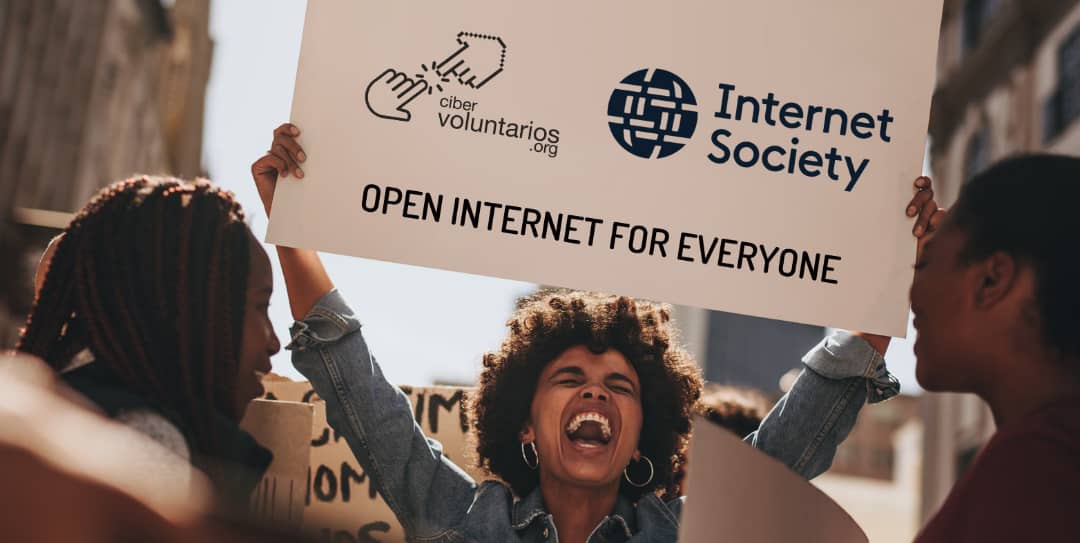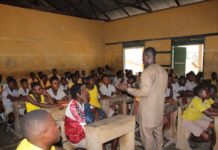The Ghana Local Chapter of The Internet Society (ISOC), a global nonprofit advocacy society empowering people to keep the Internet a force for good, will soon benefit from global plans to train thousands of people in internet systems to pursue the expansion of internet access in Africa, to facilitate global connectivity, innovativeness, and progress.
The Internet Society at the World Telecommunication Development Conference (WTDC 2022) has pledged to support 100 complementary solutions to connect the unconnected and to train 10,000 people to build and maintain Internet infrastructure, by 2025 as part of the Partner2Connect Digital Coalition, an initiative led by the International Telecommunications Union (ITU). The aim is to foster meaningful connectivity and digital transformation in the hardest-to-connect communities around the world.
The ISOC local chapter in Ghana has over the years developed an Internet Exchange Point and conducted technical training events to encourage and promote Internet policies, standards, and protocols that have encouraged national and global connectivity, and security of the internet space.

During the (WTDC) 2022 organized in Kigali, Rwanda under the theme “Connecting the unconnected to achieve sustainable development”, the Regional Vice President of the Internet Society in Africa, Dawit Bekele, lauded the progress made by stakeholders in expanding access throughout the continent while encouraging more collaborative efforts to bridge the digital divide. He added that although the effect of COVID-19 has been adverse on businesses, the internet has helped to keep businesses afloat.
“The COVID-19 pandemic demonstrated the value of Internet connectivity which has been an essential lifeline for the continuity of business, healthcare, education, government, and other critical activities. We applaud the significant investments in the last decades to develop Internet infrastructure, which has made the Internet available to more people across the continent. However, the pandemic also highlights the digital divide that remains, particularly in rural, remote, and even urban areas around the world,” said Dawit Bekele.
Sub-Saharan Africa has the highest growth in global Internet penetration, increasing from less than 1% in 2000 to 30% today. Between 2019 and 2021 Internet use in Africa jumped by 23%. Despite this impressive growth, there is still a coverage gap of over 840 million people who don’t have access to reliable and affordable Internet access.
Community networks are a way to help address the digital divide. They are communications infrastructures built, managed, and used by local communities and are a sustainable solution to address connectivity gaps in underserved regions. The Internet Society has a long history of working with communities worldwide to fund, build and train people with the skills needed to run and maintain community networks.
Currently, millions of dollars are spent every year to route local Internet traffic through expensive international links. This not only makes the Internet slower and more costly for Internet users but also limits the kinds of applications that can run on the local Internet. For this reason, the Internet Society has been at the forefront of supporting the establishment and growth of Internet Exchange Points (IXPs) that enable and encourage local traffic.
The Internet Society (ISOC) celebrates its 30th anniversary as a global nonprofit organization advocating for an open, connected Internet space. The Society has a global community made up of thousands of energetic, enthusiastic, and committed individuals, organizations, and volunteers causing change all over the world.
The writer is Accounts Executive-Newmark IMC, Wilfred Kodjo Kedapey
Source: Ghana/Starrfm.com.gh/103.5FM




